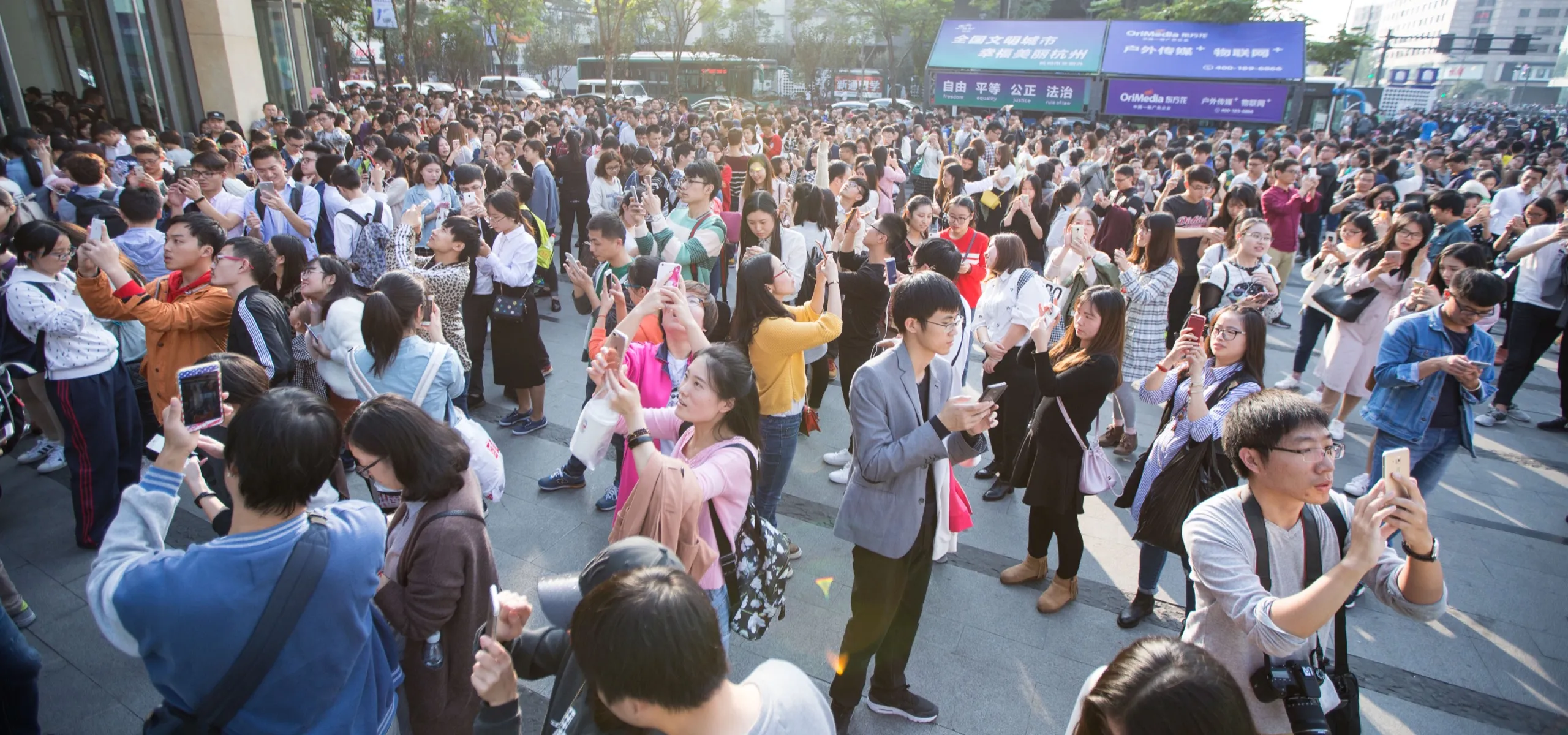Can people secure their data and privacy in the digital age?
Tian Li is sure her smartphone spies on her.
To her, the evidence is clear: “Often, once I mention something in chats with friends or search for it in the browser or other apps on my phone, Taobao will soon feed me ads for relevant products or services…this happens on JD and other apps too,” Tian explains, referring to China’s two biggest e-commerce services. Her friends have had the same experience, she claims.
After this discovery early this year, Tian, a Shanghai resident in her 30s who wished to use a pseudonym, has been on guard against any apps’ requests to access functions on her mobile phone, including the microphone and photo album—unless it’s required to activate a platform she really needs.
Similarly, Li Ao, an employee at an e-commerce company in Chengdu, Sichuan province, only allows access to his data when he uses the apps. “Most apps require access to the contact list and album, even though I don’t see any connection between the accessibility and their function. You have to accept the terms they impose in order to use them,” he complains.
Their concerns are well-founded. For the last year or so, China’s regulators have been on the case of technology firms’ relentless harvesting of data. According to an announcement by the Cyberspace Administration of China (CAC) this July, Chinese ride-hailing giant DiDi has collected perhaps billions of pieces of data from a dozen categories of users’ and drivers’ information, including screenshots from users’ photo albums, information from their clipboards and app lists, facial recognition images, age, occupation, kinship, and addresses, drivers’ education and ID information. DiDi reportedly failed to clarify the purpose of collecting 19 of these items of personal information.
The company was fined over 8 billion yuan (approximately 1.2 billion US dollars) for its “severe” and “abominable” (in the words of the CAC) violations of China’s Cyberspace Security Law, Data Security Law, and Personal Information Protection Law; while its CEO Cheng Wei and president Liu Qing were fined 1 million yuan each.
Digital Dilemma: Big Data Brings Big Privacy Problems to China is a story from our issue, “The Data Age.” To read the entire issue, become a subscriber and receive the full magazine.













